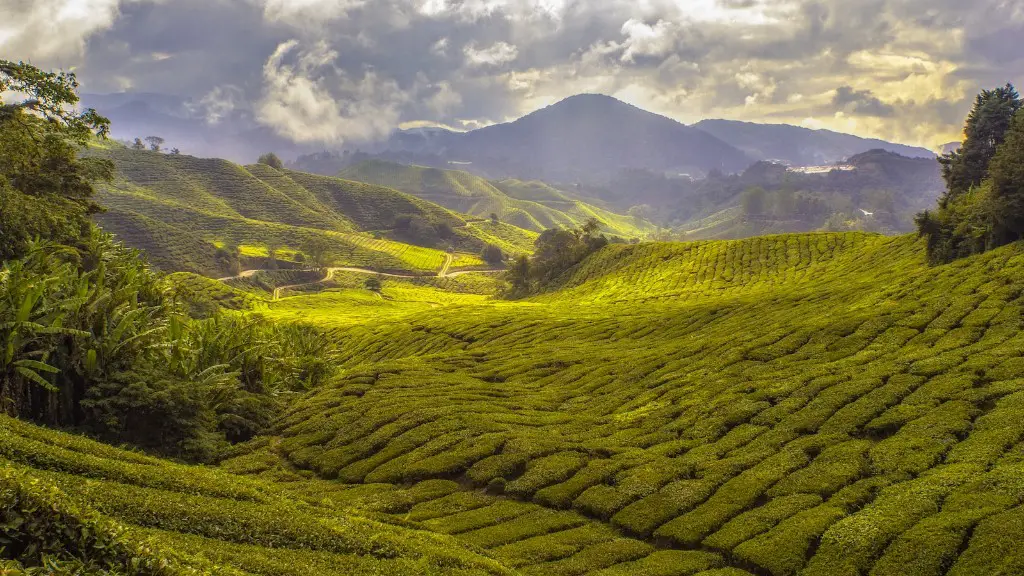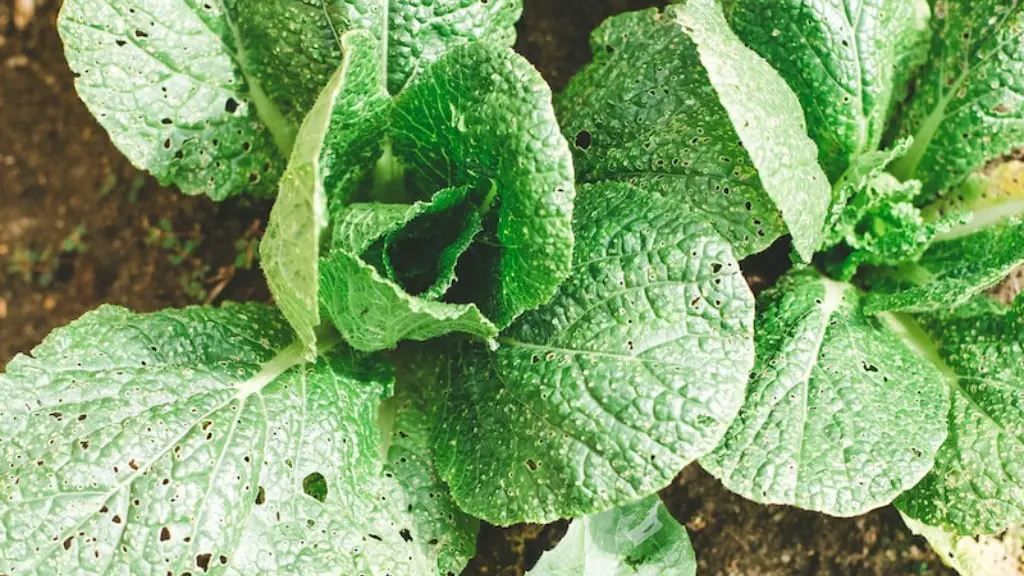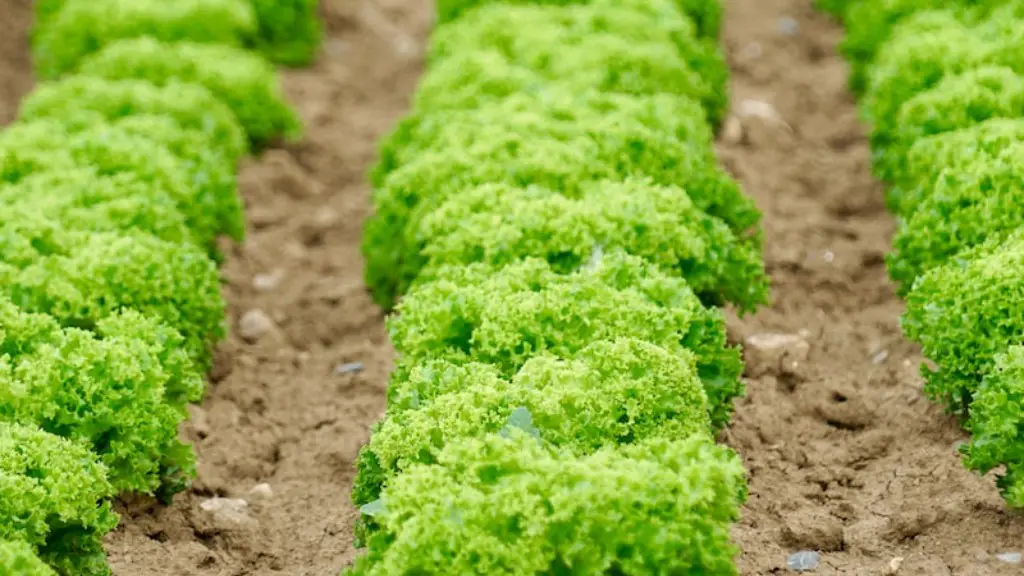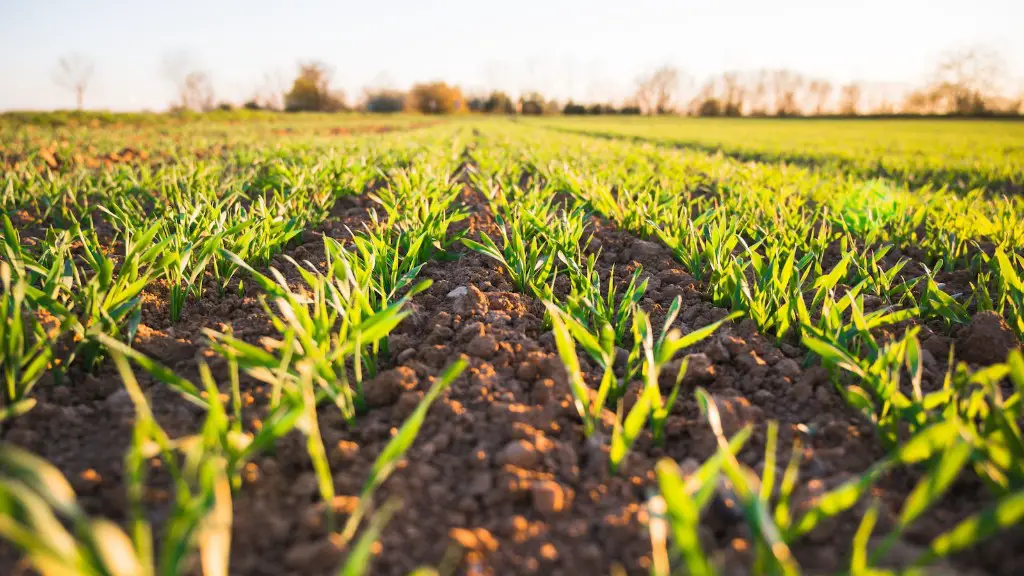Agricultural activities often require a lot of water which can cause water scarcity. There are several ways to save water in agriculture, from modern irrigation techniques to more ancient methods. The key is to use the right tools and techniques in the right areas to achieve water savings. Here are some tips for saving water in agriculture.
Maximize Efficiency
Improving irrigation efficiency is one of the best ways to conserve water in agriculture. Start by testing irrigation systems regularly to ensure they’re working at their peak efficiency. Make sure the water is reaching where it’s intended and that it’s doing its job correctly. Utilizing sprinkler systems, drip irrigation, or other modern irrigation techniques helps reduce water loss through evaporation and runoff. Setting up an irrigation system that suits your growing area and soil type also ensures water is used effectively.
Reuse Water if Possible
Reusing water wherever possible enables farmers to save vast amounts of water. Utilizing groundwater, for example, eases the burden on surface water resources. Rainwater can also be collected from rooftops and other surfaces and used for agriculture. When it comes to saving water, investing in water management solutions such as reservoirs, water tanks, and storage tanks can make a big difference. They help store water to be used later for irrigation.
Choose the Right Crops
Selecting the right crops for the area and climate can save water. Some crops require more water than others, so choose those that need less water. Crops with deep root systems help hold soil moisture, thus reducing the need for irrigation. Plant during the right times of the year when rainfall is high, and reduce or stop planting during the dry season when water demand is high.
Mulch
Using mulch is a great way to reduce water loss in the soil due to evaporation. Mulch helps to retain soil moisture and provides crops with the nutritive value of organic matter and soil improvement. It can also help reduce weeds and soil erosion.
Plant Cover Crops
Cover crops are an excellent way to conserve water and soil. They help to protect and enhance soil structure, prevent soil erosion, and promote greater water retention and availability. By increasing water holding capacity, cover crops can save farmers a significant amount of water.
Minimize Tillage
Tillage produces soil particles of different sizes, destroys existing soil aggregates and reduces soil aggregation, hence reducing structural development. This leads to more compact and less aerated soils which can lead to increased water runoff and decrease water-holding capacity. Minimize tillage and utilize conservation agriculture techniques to ensure water is not wasted due to poor water infiltration.
Conserve Soil Moisture
Soil moisture is essential for healthy crops, and it needs to be conserved. Use mulch, grow cover crops, and crop rotation to conserve soil moisture. Place irrigation systems which reduce the water lost due to runoff, unreached droplets and evaporation, and utilize the soil’s water retention capacity. Utilize water conserving fertilizers, and maintain the fertility of soils to maintain good moisture retention.
Improve Drainage Systems
Good drainage systems get rid of excess water and reduce waterlogging, thus minimizing water waste. Invest in better drainage systems, particularly in areas with high rainfall or during flooding or wet season, to ensure water doesn’t build up and is drained away quickly and efficiently.
Use the Right Irrigation System
The right irrigation system is key to effective and efficient water use. Sprinkler or drip irrigation systems reduce water wastage from runoff, wind, and evaporation. Invest in weather-based irrigation systems that irrigate only when needed, or soil/water monitoring systems that alert farmers about the level of moisture in the soil. Application of water measuring devices, along with demand-based irrigation, also helps minimize water wastage.
Incorporate Advanced Technologies
More advanced technologies are emerging to help farmers save water. Drones, for example, are designed to help farmers map land and water areas accurately and efficiently. They can also be used to monitor soil moisture, weather, and crop growth. As these technologies become more widely available and affordable, they can help farmers save water in agriculture.
Proper Water Management Practices
Finally, proper water management practices can help minimize water wastage. This includes avoiding over-irrigation and misinformation related to water needs. Regularly analyze and monitor water requirements since they can vary depending on the soil conditions, weather, and other factors. Understand the sensitivity of crops to salt ions, and use suitable soil analysis techniques to monitor the water salinity if necessary.
Alternative Techniques
Other techniques for saving water in agriculture include using drought-tolerant crops, terracing land, measuring and calculating water use, selecting the right seeds and seedlings, and utilizing efficient watering techniques. This can include watering plants in the early morning or late evening, when temperatures and wind speeds are lower, which helps reduce water evaporation.
Rainwater Harvesting
Rainwater harvesting is a great way to save water. Capture rainfall from roofs, patios, and other surfaces, in tanks or barrels to use for irrigation at a later time. Set up your own rainwater harvesting system, or buy a professional one, to ensure the water is water is held, filtered and saved in a safe and efficient manner.
Utilize Recycled Water
Utilizing recycled water is a great way to reduce water wastage in agriculture. It can be recycled from wastewater, fish tanks, or greywater systems. This water can then be filtered and treated properly, before being re-used for irrigation and other agricultural activities. Investing in a wastewater treatment plant, fish farm, or greywater recycling system, can help farmers achieve a better return on their water investments, as recycled water is usually cheaper than fresh water.
Strategic Water Use Policies
Developing water use policies is an important step for saving water in agriculture. Develop suitable policies, regulations and strategies tailored to the needs of specific agricultural areas, and ensure that everyone involved adheres to them. Educate farmers on water saving techniques, efficient water use practices and water recycling options to facilitate water conservation.



